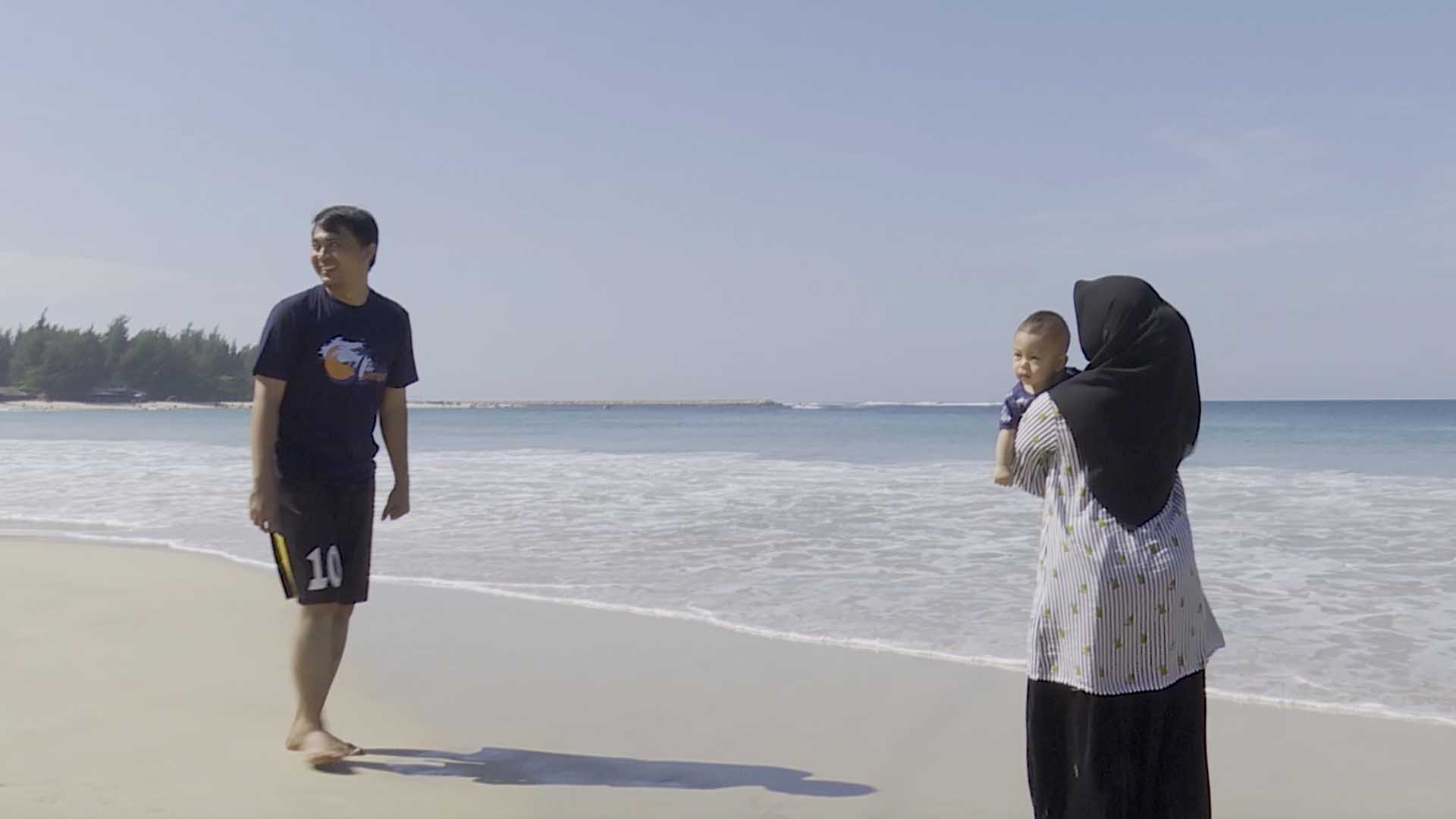The province of Aceh in Indonesia was severely damaged by the 2004 earthquake and tsunami off the coast of Sumatra. As a researcher who has been conducting fieldwork in the area for many years, I discuss the past and future of the region through the disaster.
I studied at Syiah Kuala University in Aceh Province, Sumatra, Indonesia from 1997 to 2000 as a graduate student of Indonesian history. At that time, Aceh remained in the midst of civil war as a result of a local movement for independence from Indonesia that had been going on since the 1970s. My family in Japan worried about my safety, but I was able to continue my research with the help of my friends at the university. I also made many acquaintances in the local community and deepened my understanding of the local language, culture, and society through my homestay family.
After returning to Japan, a massive earthquake and tsunami struck the Indian Ocean in December 2004. Aceh was closest to the earthquake’s epicenter, and more than 170,000 people were killed by the tsunami. Many of my friends in Aceh also lost their lives or their family members. The tsunami ended 30 years of conflict in Aceh, so the situation was expected to remain confused for several years as the province worked to rebuild itself from both the disaster and the conflict.
How does an academic of area studies respond when the people in the area of his or her expertise are facing a crisis? Some advised me to suspend research in Aceh and resume after the situation returned to normal. I knew, however, that the experiences of the people of Aceh were valuable not only to the history of Indonesia, but also to the broader human history of facing disaster, conflict, and recovery. I saw it as my mission to document that experience.
Since then, I have been visiting Aceh two or three times a year to observe and document the process of reconstruction and rehabilitation in cooperation with my friends at Syiah Kuala University. The people of Aceh, with the wounds inflicted by this unprecedented disaster in their hearts, are not giving up or being overwhelmed by it. Instead, they are working positively to rebuild and bring about a disaster-resilient society for the next generation in Aceh and the rest of the world. I believe that by learning from the Aceh experience, we can build a society that is more resilient to disasters and conflicts.
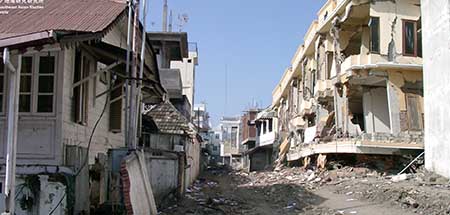
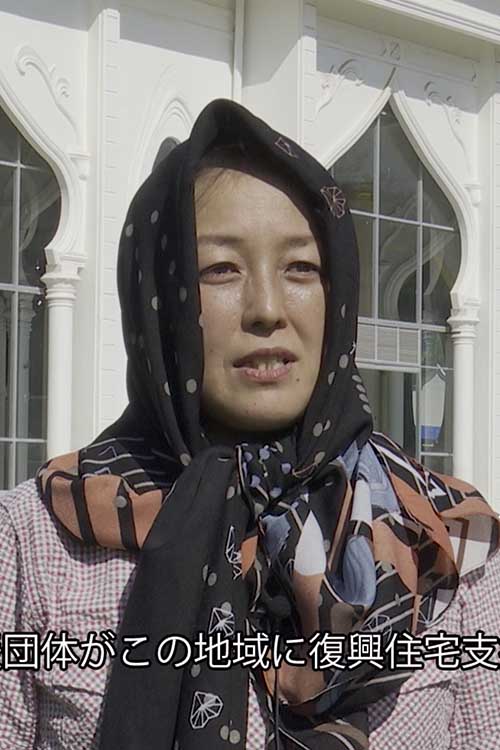
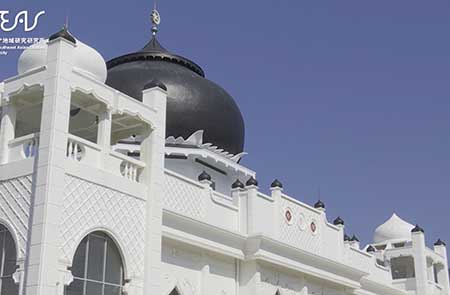
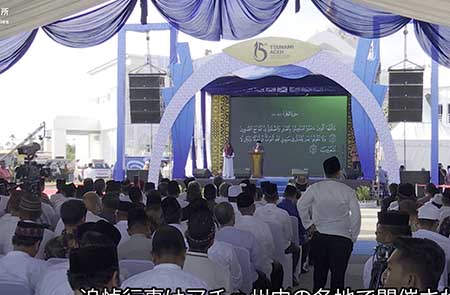
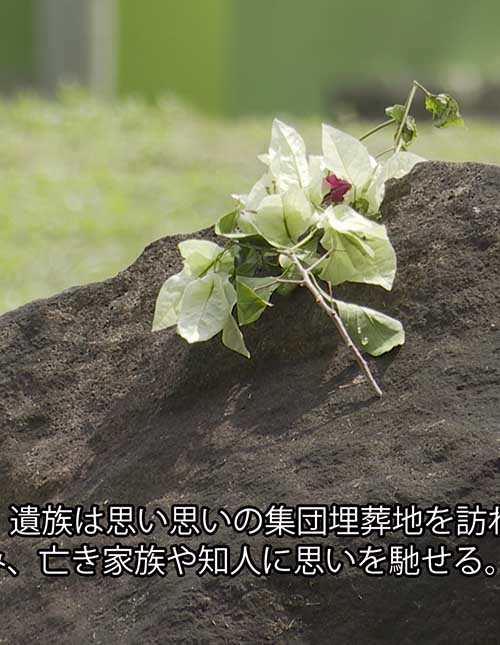

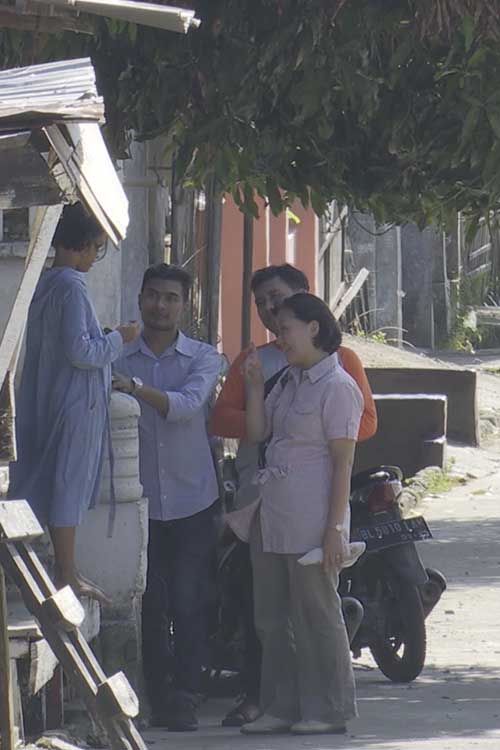

Introduction Of Literature For Those Who Wish To Learn More
Smartphone application
1. Aceh Tsunami Mobile Museum
- Indonesian: http://yama.cseas.kyoto-u.ac.jp//bosai/app_BI_atmm.html
2. MemoryGraph of Aceh before/after Tsunami (smartphone application)
- English: http://dsr.nii.ac.jp/memory-hunting/index.html.en
- Indonesian: http://yama.cseas.kyoto-u.ac.jp//bosai/app_BI_memohunt.html

